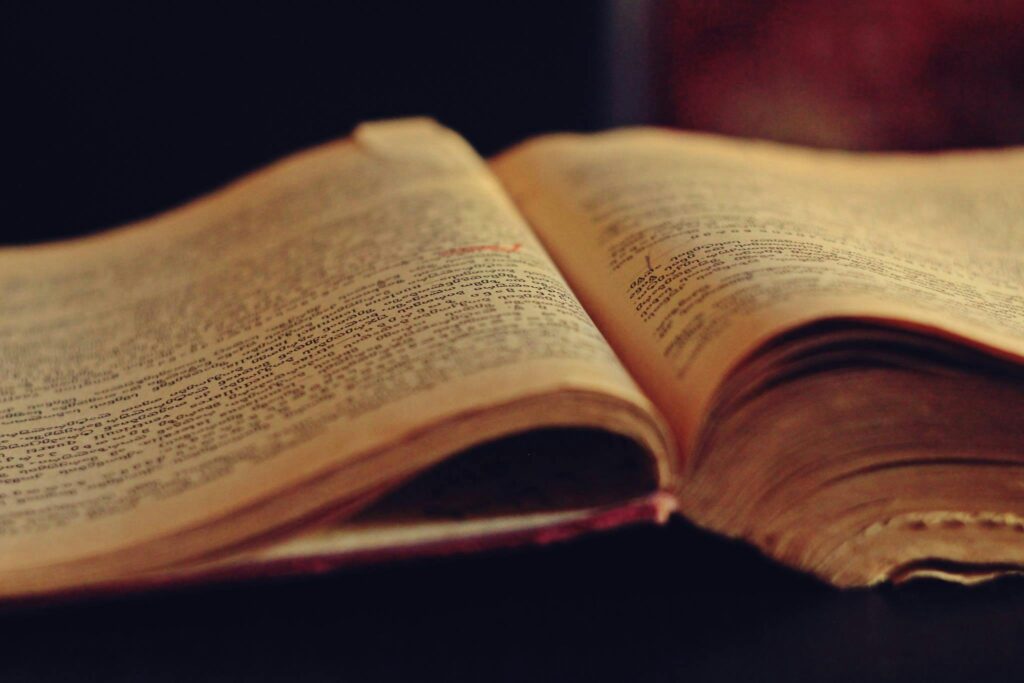Introduction: The Importance of Juneteenth Reflections
Juneteenth marks the emancipation of enslaved African Americans in the United States. As this significant day gains broader recognition, so does the opportunity to engage in deeper reflection on race, history, and freedom.
One meaningful way to honor Juneteenth is through literature and film. Stories told in these mediums offer more than information—they invite thoughtful conversations about the past, present, and future. They also deepen our understanding of identity, justice, and liberation.
Books That Matter
Books have long served as a channel for confronting complex truths. During Juneteenth, reading narratives that center the Black experience opens the door to empathy, growth, and discussion.
“The Souls of Black Folk” by W.E.B. Du Bois
This foundational work explores life after emancipation and the internal conflict known as double consciousness. Du Bois provides both historical insight and emotional depth, illuminating how African Americans have navigated post-slavery life in a society shaped by systemic barriers.
“Between the World and Me” by Ta-Nehisi Coates
Structured as a letter to his son, this book blends personal narrative with cultural critique. Coates reflects on inherited trauma, the fragility of the Black body, and the complexities of being seen as both American and other. His voice captures a lived tension that still echoes today, especially in communities that value emotional connection and longevity.
“The Underground Railroad” by Colson Whitehead
Reimagining the historical network as an actual subterranean train, this novel traces the harrowing escape of a young woman seeking freedom. The story confronts the psychological toll of slavery and offers a meditation on resistance, hope, and survival.
Films That Spark Conversation
Film, like literature, makes history accessible while evoking emotion. The following selections center Black voices, reveal systemic truths, and invite viewers into meaningful dialogue.
“13th” (2016)
This documentary analyzes the prison system in America through the lens of the 13th Amendment, revealing how modern incarceration perpetuates racial oppression. It connects past injustices with present-day policies, showing how institutional structures evolved from slavery.
“Selma” (2014)
Portraying the 1965 marches from Selma to Montgomery, this film captures the grassroots push for voting rights. It’s a powerful lens into a pivotal moment in civil rights history. The events depicted are deeply tied to civic movements that helped shape modern democracy.
“The Pursuit of Happyness” (2006)
Though not focused on historical events, this film tells the story of a Black father overcoming poverty and homelessness. It highlights the resilience required to overcome systemic challenges—a theme that resonates across generations and in communities committed to daily wellness practices that build strength over time.
Why These Stories Matter on Juneteenth
Juneteenth is a celebration of freedom, but it also calls us to listen closely to voices that have often gone unheard. Books and films allow for quiet reflection as well as vibrant discussion—both essential to personal and cultural growth.
The act of remembering plays a role in healing. Whether it’s through sharing nostalgic stories with neighbors or recalling pivotal historical moments, memory anchors meaning. In places where community thrives, shared cultural memory becomes part of how people connect and care for one another.
A Juneteenth Observance Rooted in Reflection
At its heart, Juneteenth reminds us that freedom is a living pursuit. The books and films explored here offer space to honor that journey—while encouraging dialogue around what freedom looks like today.
Reflection is often most powerful when shared. In communities where connection flourishes, storytelling becomes a collective act, blending generations, identities, and experiences.
Even creative and artistic expression contributes to how people engage with history. Cultural venues, such as local art centers, support this kind of engagement by creating spaces for voices to be heard and stories to be seen.
Reading, Watching, and Continuing the Conversation
Books and films that spark thoughtful conversation allow us to examine injustice, celebrate resilience, and consider the future we wish to build. They help us maintain mental clarity, emotional well-being, and cognitive sharpness—vital parts of reflective living. This kind of ongoing engagement also aligns with practices that support brain health in later life.
Celebrating Juneteenth through reading and film is not only about looking back. It’s a chance to step forward with intention, guided by understanding, empathy, and purpose.

